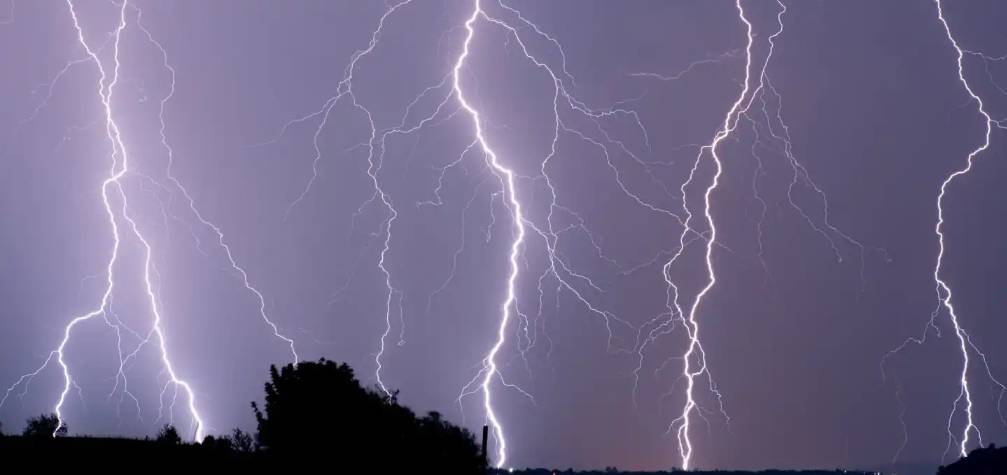Weather Forecasting Gets Smarter with AI
3 min read
14 Jul 2025
Weather forecasting has come a long way from the days of peering at the sky and making educated guesses. In today's world, it's becoming increasingly reliant on artificial intelligence (AI) to make predictions more accurate and timely than ever before. This article explores how AI is transforming the field of weather forecasting, revolutionizing our ability to predict and prepare for the ever-changing atmospheric conditions.
The Challenge of Weather Forecasting
Weather forecasting is notoriously challenging due to the sheer complexity of the Earth's atmosphere. It involves analyzing massive amounts of data, from temperature and humidity to wind patterns and air pressure, to predict weather conditions. Traditional methods rely on numerical models that simulate these processes, but even they have limitations.

Enter Artificial Intelligence
Artificial intelligence, particularly machine learning algorithms, has emerged as a game-changer in the world of weather forecasting. Machine learning enables computers to recognize patterns, learn from data, and make predictions without being explicitly programmed. In the realm of weather forecasting, this means that AI can sift through vast datasets and extract meaningful insights that human forecasters might miss.
Data, Data, and More Data
One of the critical advantages of AI in weather forecasting is its ability to handle enormous volumes of data. Satellites, weather stations, and other sensors continuously collect data from around the world. AI algorithms can process this data in real-time, making it possible to update forecasts rapidly and accurately.
Improving Short-Term Forecasts
Short-term weather forecasts, covering periods from a few hours to a few days, have seen significant improvements with the integration of AI. Machine learning models analyze current atmospheric conditions and historical data to make short-term predictions. This is particularly valuable for activities like aviation, where accurate short-term forecasts are essential for safety.
Enhancing Severe Weather Prediction
AI also plays a crucial role in predicting severe weather events such as hurricanes, tornadoes, and flash floods. Deep learning algorithms can process vast datasets, including radar and satellite images, to identify the early signs of severe weather. This advanced warning can save lives and property.
Long-Range Forecasting
While long-range weather forecasting remains challenging, AI is making strides in this area as well. By analyzing climate data and historical weather patterns, AI models can provide more informed long-term forecasts. This is invaluable for industries like agriculture, which rely on long-range weather predictions for planning.
Customized Forecasts
AI-driven weather apps and services are becoming more popular, offering customized forecasts based on a user's location and preferences. These apps use machine learning to provide hyper-local weather information, ensuring that users receive accurate predictions tailored to their needs.
Challenges and Limitations
While AI has revolutionized weather forecasting, it's not without challenges. Maintaining and updating AI models requires significant computational resources. Moreover, AI is only as good as the data it's trained on, which means accurate and comprehensive data collection remains essential.
The Future of Weather Forecasting
The integration of AI into weather forecasting is an ongoing process, and its future looks promising. As AI algorithms become more sophisticated and data collection methods improve, we can expect even more accurate and timely weather predictions. This will have a profound impact on disaster preparedness, agriculture, transportation, and everyday life.
Conclusion: A Brighter Forecast with AI
Artificial intelligence is ushering in a new era of weather forecasting, where predictions are more accurate, timely, and customized than ever before. With the power of AI, we are better equipped to understand and prepare for the ever-changing weather patterns that shape our world. As technology continues to advance, we can look forward to a future where our weather forecasts are more reliable than ever.


